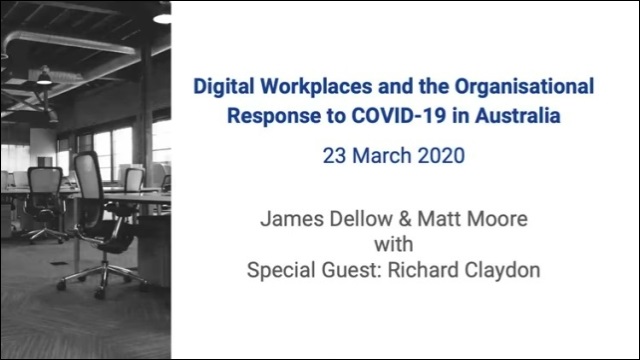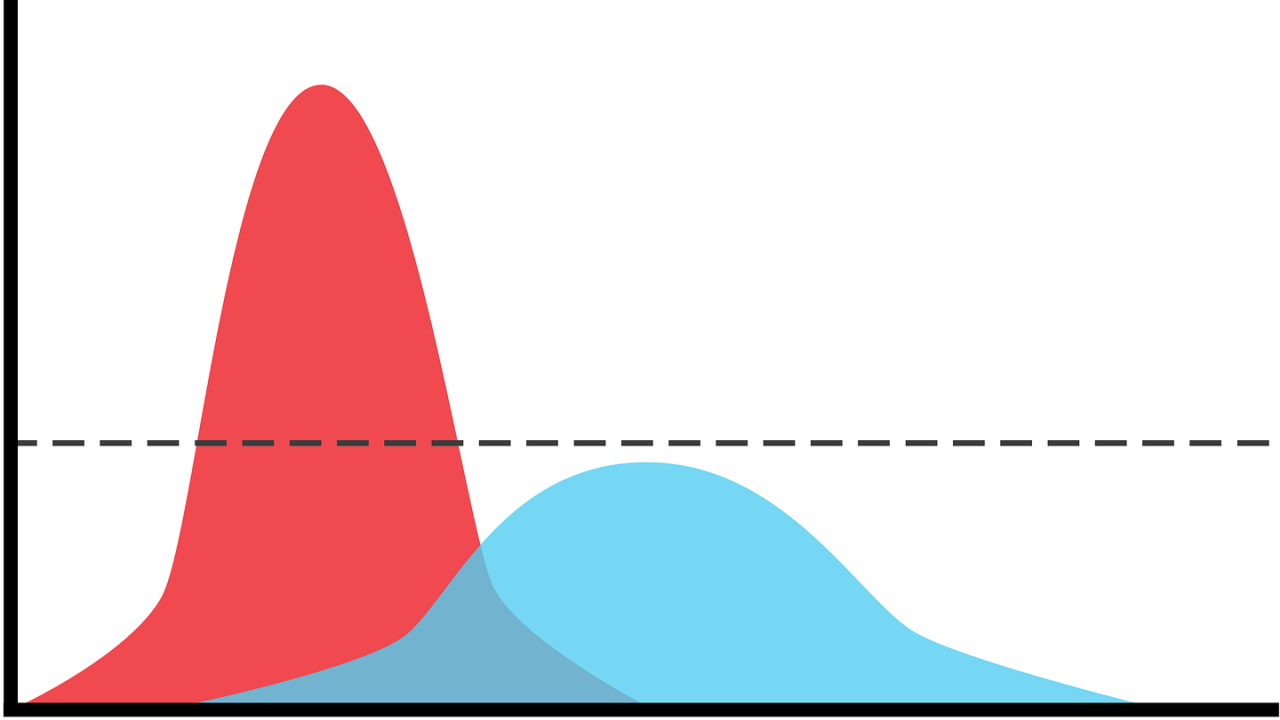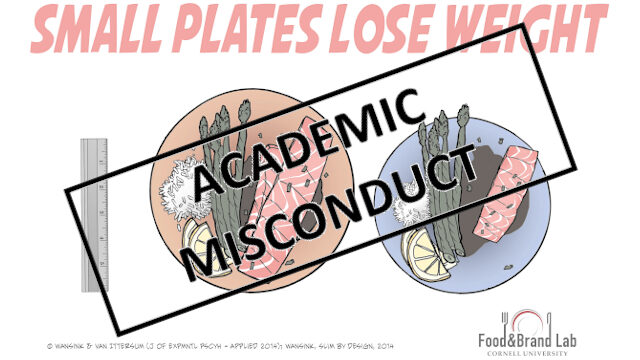
Critical Eye: A response to “Are nudges sinister psychological tricks? Or are they useless? Actually they are neither”
Critical Eye is a semi-regular feature where RealKM analyses and discusses the methodology and science behind claims made in publications. This article is also part of a series critiquing nudge theory.
A group of researchers has published the article “Are nudges sinister psychological tricks? Or are they useless? Actually they are neither” in The Conversation, and I have republished the article here in RealKM Magazine.
The article seeks to refute criticisms of both the effectiveness and use of “nudging.” These criticisms have been raised by a number of authors in various forums, including in the article “Is this finally the end of the road for nudge theory?” that I published in RealKM Magazine in October 2022.
It’s good to see that the “Are nudges sinister psychological tricks? Or are they useless? Actually they are neither” article acknowledges the recent research which finds the real effects of nudging to be far less than many academics and nudge advocates have claimed. However, the article unfortunately also has a number of significant shortcomings:
- The article seeks to refute concerns about the potential for nudging to be manipulative and deceptive on the basis of media claims made in this regard in the context of COVID-19 responses. However, as I’ve detailed in a previous article, concerns about both the effectiveness and manipulative and deceptive use of nudging have come from a wider range of voices than just the media. This includes criticism from academics1 and government members.
- Even if the claims made in the media alone are considered, the article references material published in only two media outlets. Both of these sources will be immediately identified by many readers as sources of potential bias and misinformation: The Daily Telegraph2 and The Epoch Times3. However, concerns about the use of nudging in COVID-19 responses have also been published in other media outlets that are highly trusted, for example, in the UK edition of The Guardian4. This apparently selective referencing has the potential to bias readers into thinking that only less reputable media sources publish criticisms of nudging.
- The article states that so-called nudge units “are publicly accountable.” This might be the case, but accountability doesn’t stop them from giving bad advice with serious negative consequences, as discussed in items 96-114 of UK Government House of Commons Health and Social Care and Science and Technology Committees report “Coronavirus: lessons learned to date5.” More than 600 behavioural economists had been so concerned about this advice that they had written an open letter6 to the UK Government questioning the coronavirus response that the government implemented based on the advice.
- The article describes nudges as “benign”, and states that “Portraying them as manipulative and deceptive seems to have less to do with reality than with the desire to paint particular COVID policies, and government actions more generally, in an unfavourable light.” This opinion overlooks the fact that one of the biggest sources of concern in regard to the effectiveness and use of nudging is the spectacular fall from grace of one-time nudging celebrity Professor Brian Wansink. In a Cornell University investigation, Wansink was found to have committed academic misconduct in his research and scholarship. This reality has been completely omitted from the article.
- The closing statements of the article are “If a nudge supported a bad policy then, yes, the nudge would be bad. But those seeking to nudge us to towards that view ought to make their case on the merits of those policies, not on misinformation.” This suggests that if a nudge policy is bad, then it is the fault of the policy, and not the associated “benign” nudge. However, the cases put forward in points 1, 4, and 5 above clearly show that nudges themselves can be ill-conceived, and therefore, bad.
At the end of the article “Is this finally the end of the road for nudge theory?,” I stated that, based on the evidence I had reviewed, extreme skepticism is advised in regard to the effectiveness and use of nudging until both the evidence base and transparency are greatly improved.
The significant shortcomings of the article “Are nudges sinister psychological tricks? Or are they useless? Actually they are neither,” as put forward above, justify the continuation of that extreme skepticism.
References:
- Campbell, D. (2017). Cleverer Than Command? Social & Legal Studies, 26, 111-126. ↩
- BBC News. (2020, October 12.). Australians sign Kevin Rudd’s call for inquiry into Murdoch influence. BBC News. ↩
- Roose, K. (2020, October 24). How The Epoch Times Created a Giant Influence Machine. The New York Times. ↩
- Waterson, J. (2018, November 1). Guardian named UK’s most trusted newspaper. The Guardian. ↩
- House of Commons Health and Social Care, and Science and Technology Committees. (2021). Coronavirus: lessons learned to date. Sixth report of the Health and Social Care Committee and third report of the Science and Technology Committee of session 2021-22. ↩
- Hahn, U., Chater, N., Lagnado, D., Osman, M., & Raihani, N. (2020, March 16). Why a group of behavioural scientists penned an open letter to the UK Government questioning its coronavirus response. Behavioral Scientist. ↩
Also published on Medium.






